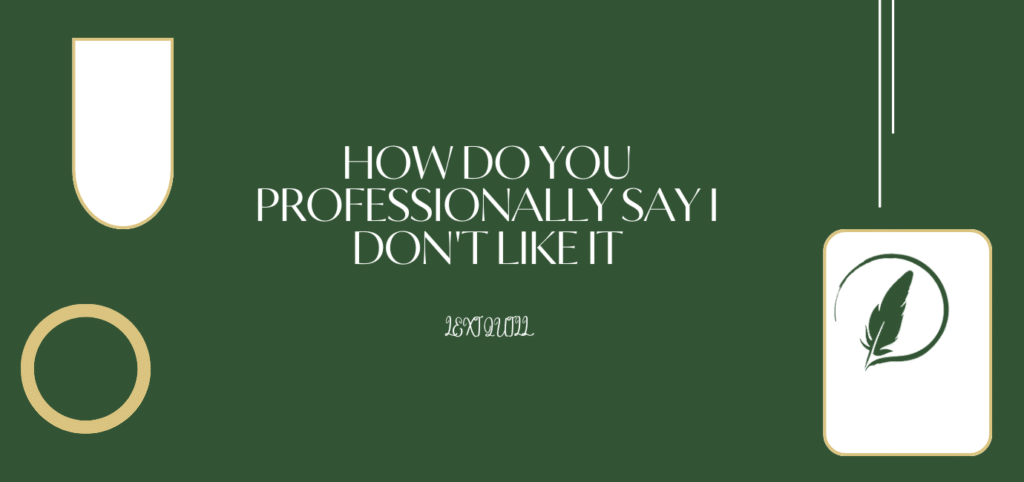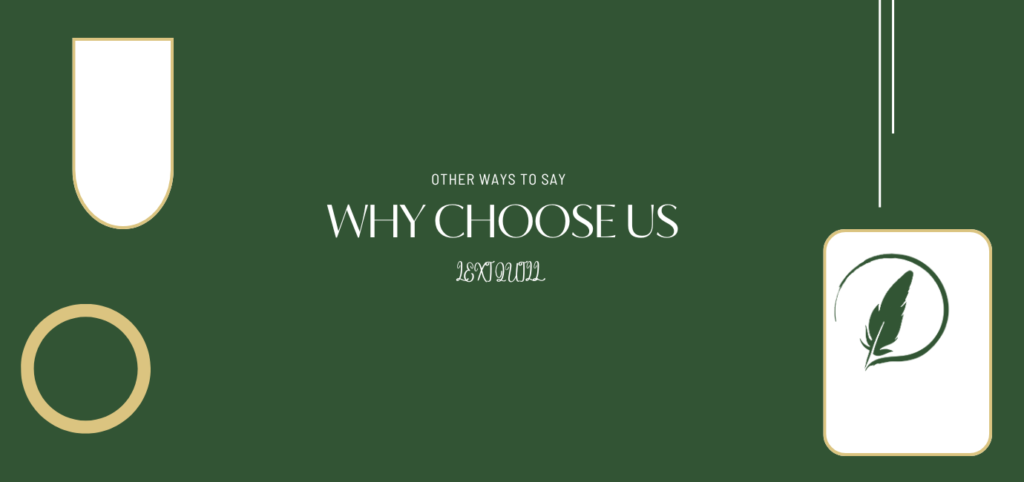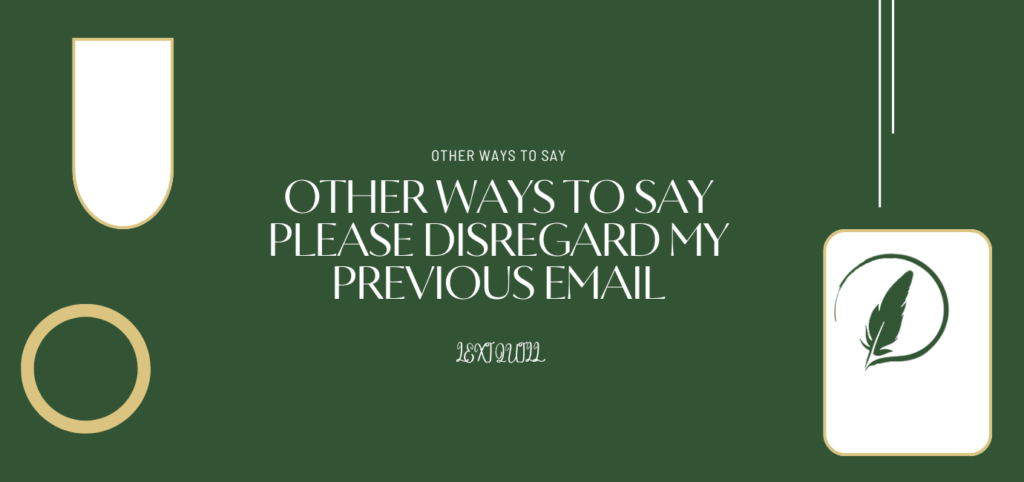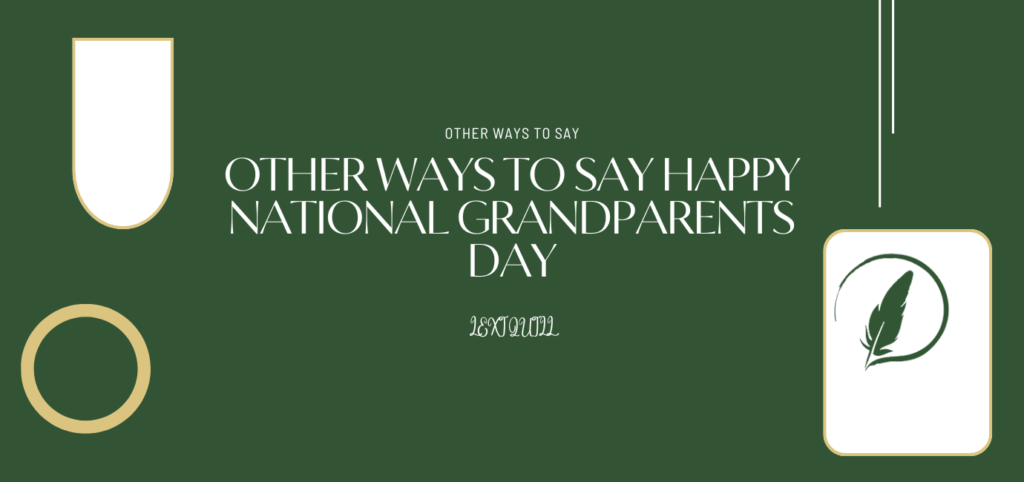In professional environments, the way you communicate can dramatically influence how you’re perceived. Whether you’re speaking with clients, networking with peers, or applying for a new role, your choice of words signals your level of professionalism, intent, and credibility.
One common phrase that often needs refining in business communication is “I’m interested.” While it’s perfectly understandable in casual settings, this phrase can feel vague or too informal in professional correspondence. That’s why understanding how to professionally say “I’m interested” is a valuable skill—especially for professionals, businesspeople, and students entering the workforce.
This guide explores polished, strategic alternatives to help you convey interest with clarity, confidence, and professionalism. By using these alternatives, you’ll not only improve your business communication but also enhance your ability to connect meaningfully with others in formal settings.
Option 1: “I Would Like to Learn More” – A Curious and Collaborative Tone
This alternative reflects genuine curiosity while maintaining a respectful tone. It signals an openness to information and suggests that you’re thoughtfully considering the subject.
When to Use:
- In business emails expressing early-stage interest in a partnership or opportunity
- During job interviews when discussing a role or company
- In sales or client meetings when exploring new services or products
Example Sentence:
“I’ve reviewed the proposal, and I would like to learn more about your implementation process.”
Related Business Synonyms:
- I’m eager to explore
- I’m open to further discussion
Option 2: “I’m Keen to Explore This Further” – Enthusiastic Yet Professional
This phrase adds a touch of enthusiasm while remaining business-appropriate. The word “keen” conveys energy without being overly informal, making it a great fit for modern workplace dialogue.
When to Use:
- When following up after meetings
- When responding to new opportunities or offers
- During brainstorming sessions or project planning
Example Sentence:
“This aligns with our goals, and I’m keen to explore this further with your team.”
Professional Synonyms for “I’m Interested”:
- I’m inclined to move forward
- I’m excited about the potential
Option 3: “This Opportunity Aligns With My Goals” – Strategic and Thoughtful
This version shows that your interest is not just emotional or impulsive—it’s calculated and intentional. It communicates a strong fit between your objectives and the opportunity at hand.
When to Use:
- In job applications or cover letters
- During business proposals or grant submissions
- When pitching a new collaboration
Example Sentence:
“This opportunity aligns with my long-term goals and professional development path.”
Related Terms:
- It supports my direction
- It fits with our strategic plan
Option 4: “I’m Open to Discussing This Further” – Polished and Neutral
Sometimes, you want to express interest without committing fully. This phrase is perfect for indicating you’re receptive without sounding overeager.
When to Use:
- In preliminary conversations
- When assessing vendor proposals
- In early-stage business negotiations
Example Sentence:
“Your suggestion seems promising, and I’m open to discussing this further.”
Business Synonyms:
- I’m willing to explore options
- I’m receptive to further dialogue
Option 5: “I Find This Concept Valuable” – Analytical and Insightful
This alternative is great when you want to express intellectual or business-driven interest. It adds depth to your engagement and makes it clear that your interest is based on value, not emotion.
When to Use:
- During business presentations or strategy meetings
- When reviewing product ideas or initiatives
- In academic or research contexts
Example Sentence:
“After reviewing the whitepaper, I find this concept valuable and worth pursuing.”
Synonyms:
- This holds promise
- This presents a meaningful opportunity
Option 6: “I’m Engaged by This Idea” – Creative and Dynamic
If you’re in a creative or innovative field, this phrase communicates interest in a way that aligns with forward-thinking industries. It’s expressive, yet refined.
When to Use:
- In design, tech, or startup environments
- When brainstorming new campaigns or products
- During collaborative team sessions
Example Sentence:
“I’m genuinely engaged by this idea and would love to explore how we can build on it.”
Related Phrases:
- I resonate with this direction
- This inspires me to contribute
Why Using Professional Language Matters
Professional language isn’t about sounding stiff or robotic—it’s about being clear, respectful, and intentional. When you refine everyday phrases like “I’m interested” into more articulate expressions, you:
- Enhance credibility in emails, meetings, and interviews
- Build stronger professional relationships through thoughtful communication
- Avoid misunderstandings that stem from vague or casual expressions
- Present yourself as proactive and well-prepared in various business contexts
Adopting professional alternatives helps you stand out as someone who communicates with purpose and poise.
Conclusion:
In today’s fast-paced, competitive workplace, how you express yourself matters. By replacing casual phrases like “I’m interested” with more thoughtful alternatives, you instantly elevate your professionalism and signal clarity, confidence, and commitment.
Whether you say “I would like to learn more,” “I’m keen to explore this further,” or “This opportunity aligns with my goals,” each phrase adds nuance and impact to your communication.
Now that you know how to professionally say “I’m interested,” start incorporating these business synonyms into your conversations, emails, and interviews. The more you practice, the more naturally these expressions will flow—and the more professionally you’ll be perceived.Ready to upgrade your communication? Begin using these alternatives today to confidently express your interest and take your workplace presence to the next level.








